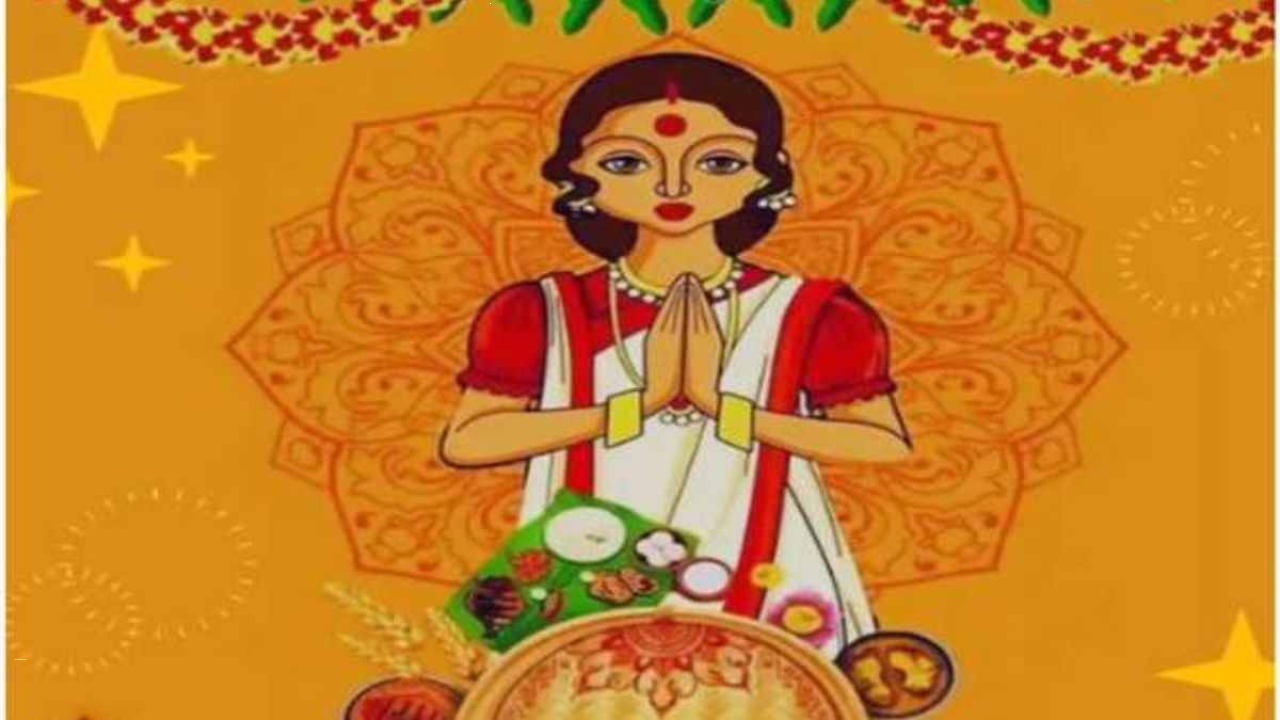Pohela Boishakh (Bengali New Year)
Pohela Boishakh is a cultural festival celebrated in Bangladesh and the Bengali-speaking Indian states like West Bengal. Also known as Bengali New Year, this festival is a time for people to come together and celebrate their traditions and values while reflecting on the past year and making plans for the future. In this article, we will explore the origins, significance, and celebrations of Pohela Boishakh.
Origins and Evolution of Pohela Boishakh
The origins of Pohela Boishakh can be traced back to the Mughal Empire, where it was celebrated as a harvest festival. It was a way to thank the gods for a bountiful harvest and pray for a prosperous year ahead. During the Bengali Renaissance in the late 19th and early 20th centuries, cultural icons like Rabindranath Tagore and Kazi Nazrul Islam incorporated Pohela Boishakh into their works, making it more significant. Today, it is celebrated as a symbol of Bengali cultural identity and a reminder of the region’s rich cultural heritage.
Significance of Pohela Boishakh
Pohela Boishakh is an important festival that celebrates and promotes Bengali culture and heritage. It brings people together in a spirit of unity and community and promotes harmony, regardless of their religion or background.
Celebrations of Pohela Boishakh
Pohela Boishakh is celebrated on the first day of the Bengali calendar, which usually falls on April 14 but this year will be celebrated on April 15. The day is marked with colorful parades, traditional music and dance performances, and various cultural programs. The occasion is celebrated by wearing traditional attires, eating traditional delicacies and exchanging greetings, wishing peace and prosperity in the coming year.
Month: Current Affairs – April, 2023
Category: Art & Culture Current Affairs







